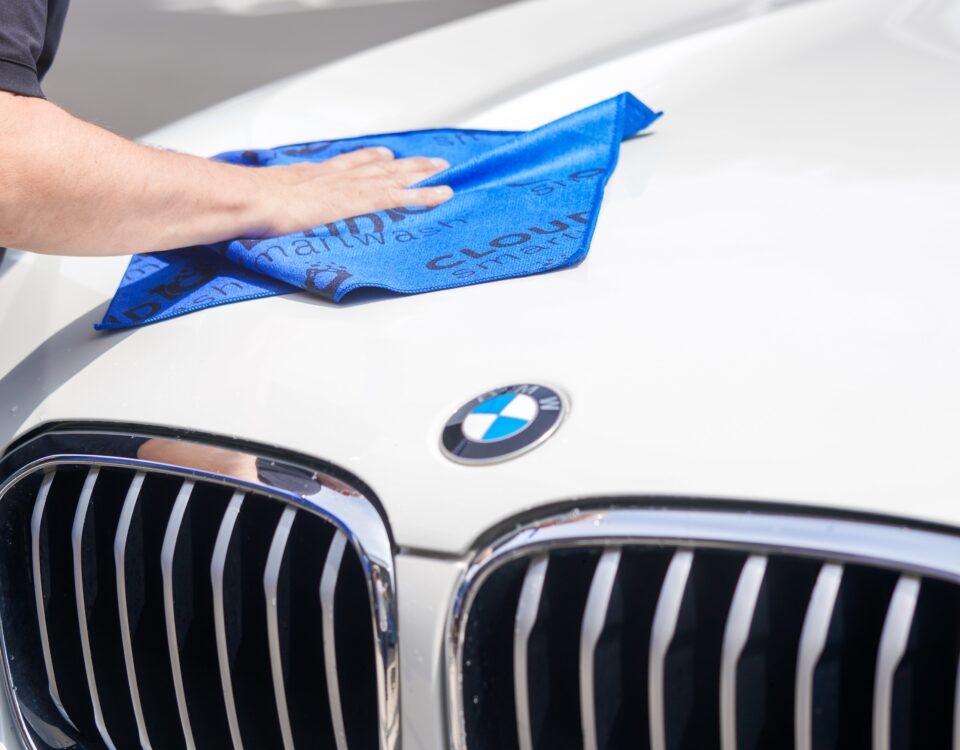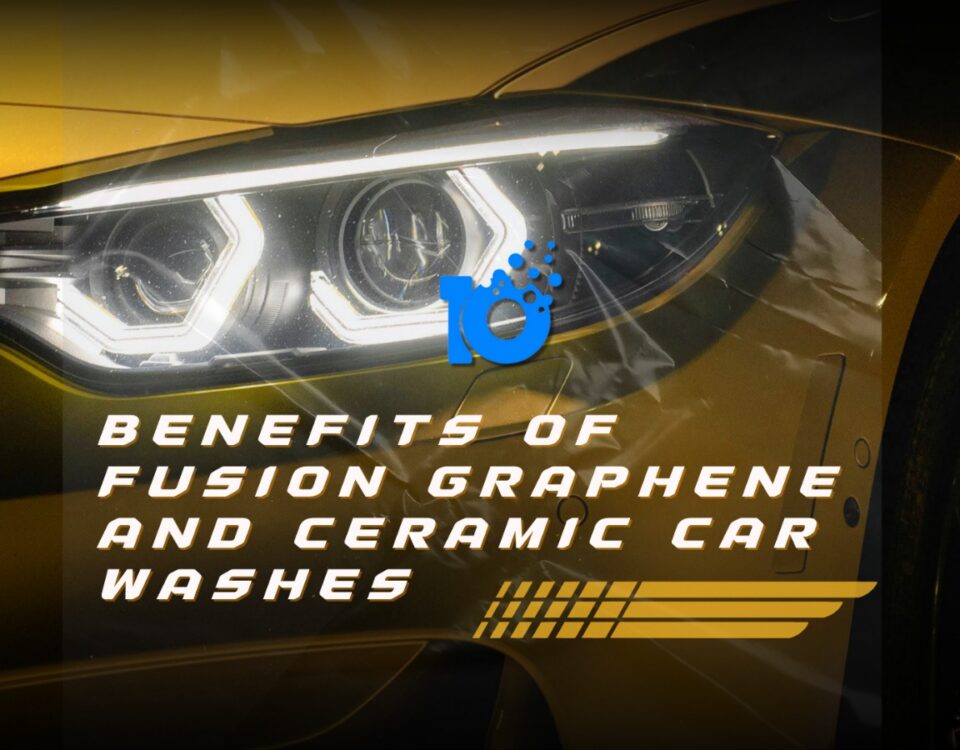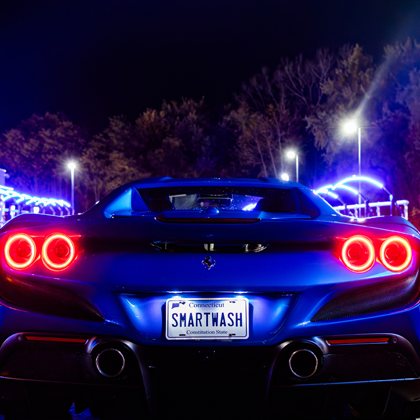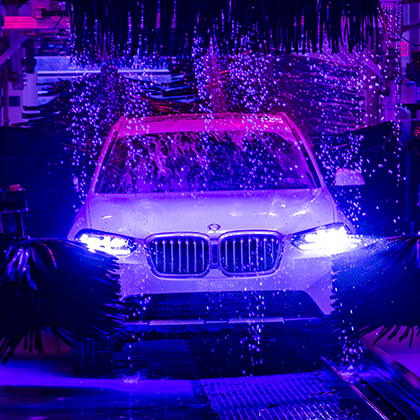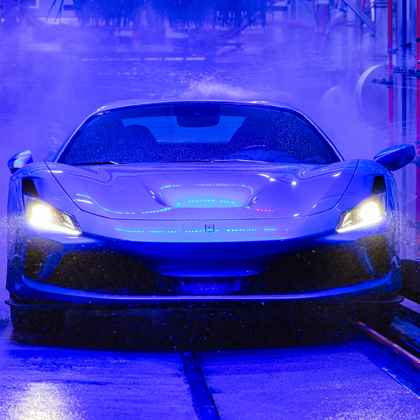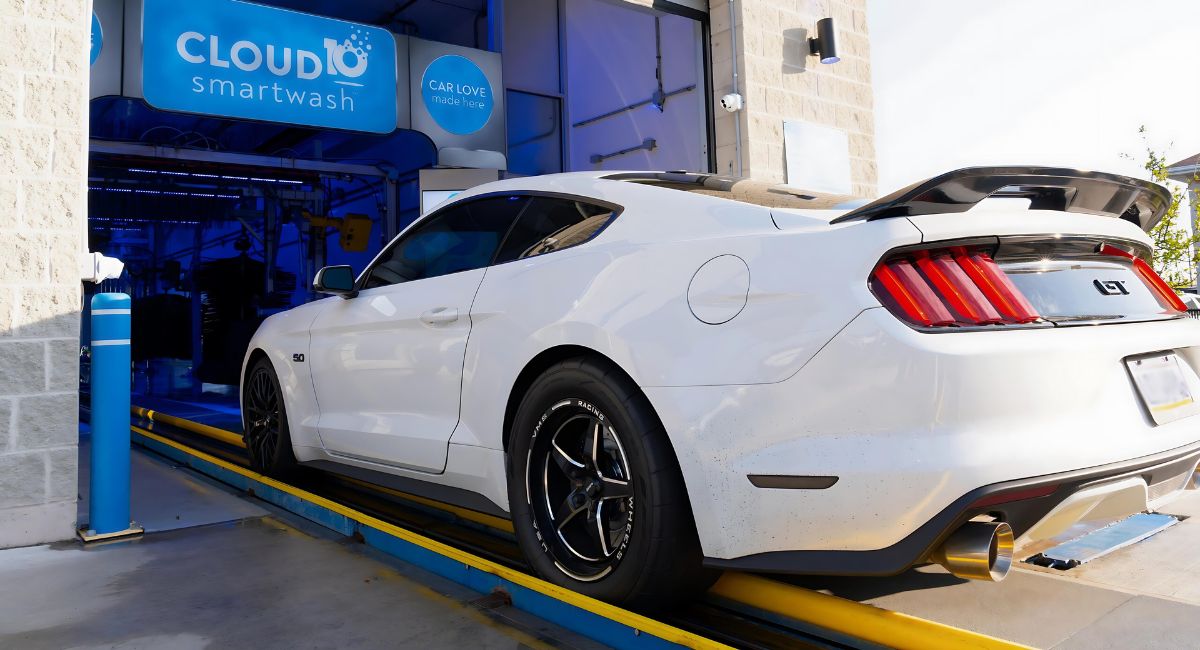
Your car's paint is more than just a pretty finish—it's the first line of defense against the elements and a reflection of your personal style. Choosing the right paint can enhance your vehicle's look, protect it from damage, and even boost its resale value.
This article will guide you through the various types of car paint, helping you make an informed decision. Whether you're considering a fresh coat or just curious about what options are out there, you'll find everything you need to know about the different types of car paint right here.
Types of Car Paint
1. Lacquer Paint
Lacquer paint is one of the types of car paint that you might encounter when considering options for your vehicle. This paint is known for its high-gloss finish and smooth texture, which can make your car look stunning.
A key characteristic of lacquer paint is its fast-drying nature, which allows for quick application. However, it's relatively soft compared to other paints, making it more susceptible to scratches and wear over time. You might find lacquer paint appealing due to its ease of application and the beautiful, glossy finish it provides.
On the downside, lacquer paint tends to be less durable, often requiring more frequent maintenance and touch-ups. It's also more vulnerable to UV damage, which can cause it to fade or crack under prolonged sun exposure.
Commonly used in classic car restoration, lacquer paint can help achieve an authentic vintage look. It’s also favored for custom paint jobs where a high-gloss, showroom-like finish is desired. If you prioritize a brilliant shine and easy application, lacquer paint could be a great choice among the types of car paint available.
2. Enamel Paint
Enamel paint is one of the types of car paint you’ll often come across. Its characteristics include a hard, glossy finish that provides a durable and attractive coating for your vehicle. This type of paint is known for its excellent adhesion and resistance to wear and tear, making it a reliable choice for long-lasting results.
On the plus side, enamel paint is easy to apply and dries to a hard, glossy surface that can withstand the elements and daily use. It’s also resistant to chipping and fading, which means your car can maintain its fresh look for a longer period. However, enamel paint does have its downsides. It can be more challenging to touch up compared to other types of car paint, and achieving a perfect finish often requires multiple coats and careful application.
You’ll commonly find enamel paint used on older cars, commercial vehicles, and in DIY projects where durability is a priority. It’s a go-to choice if you’re looking to give your car a resilient and polished finish that stands the test of time.
3. Urethane Paint
Urethane paint is one of the most popular types of car paint you can choose for your vehicle. It’s known for its durability and glossy finish, making your car look sleek and well-maintained. Urethane paint is resistant to chipping, fading, and damage from UV rays, which means your car’s color stays vibrant longer.
One of the standout pros is its longevity; urethane paint can last up to 10 years with proper care. It also dries quickly, reducing the time your car spends in the shop. However, urethane paint can be more expensive and requires professional application due to its toxic fumes during the painting process.
Commonly used for both new cars and car restoration projects, urethane paint provides a professional finish that stands up to the elements. It’s an excellent choice if you want your vehicle to have a showroom-quality appearance. So, if you’re exploring types of car paint for your car, urethane paint offers a durable, long-lasting, and visually appealing option.
4. Acrylic Paint
Acrylic paint is a popular choice among the types of car paint due to its affordability and ease of application. You’ll find that this paint is available in both water-based and solvent-based forms, giving you flexibility depending on your needs.
One of the key characteristics of acrylic paint is its quick drying time. This can be a significant advantage when you’re in a hurry. However, you might also notice that it tends to fade faster than other types of car paint, especially when exposed to harsh sunlight.
On the plus side, acrylic paint is relatively easy to apply and provides a glossy finish that can make your car look brand new. It's also more forgiving if you’re doing the painting yourself, which makes it a favorite among DIY enthusiasts.
But there are some cons to consider. Acrylic paint isn’t as durable as some of the other types of car paint, like urethane or enamel. It may require more frequent touch-ups to maintain its appearance.
Acrylic paint is commonly used for older cars and restoration projects where an authentic look is desired.
5. Water-Based Paint
Water-based paint is a popular choice among the types of car paint available. It’s characterized by its low levels of volatile organic compounds (VOCs), making it an environmentally friendly option. Unlike solvent-based paints, water-based paint uses water as the primary solvent, which significantly reduces harmful emissions during application.
One of the major advantages of water-based paint is its ability to produce vibrant colors with fewer coats, saving you both time and money. It also adheres well to various surfaces, ensuring a smooth and even finish. However, it's not without its drawbacks. Water-based paint tends to dry slower than its solvent-based counterparts, and it can be more susceptible to damage from weather conditions if not properly sealed.
You’ll often find water-based paint used in professional auto body shops and for touch-ups, thanks to its ease of use and the high-quality finish it provides. If you’re looking for a greener option among the types of car paint, water-based paint is definitely worth considering for its eco-friendly properties and excellent performance.
Importance of Sealants for Car Paint Longevity
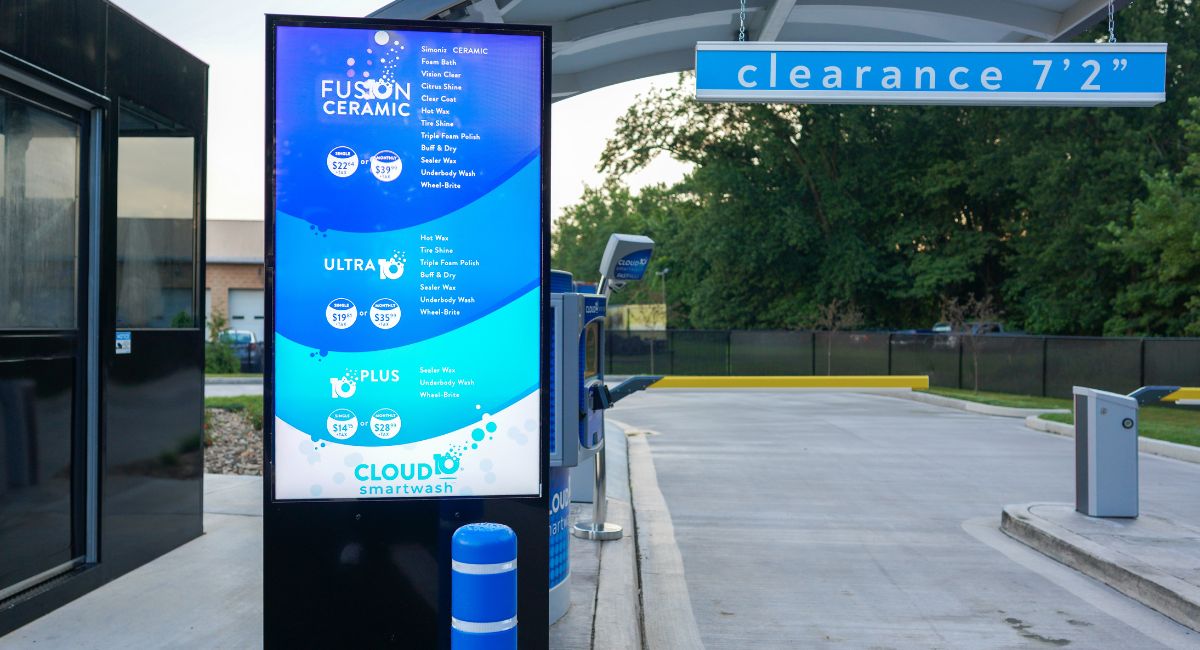
Ceramic Coatings
When it comes to protecting the different types of car paint, using sealants like ceramic coatings is essential. These sealants provide a high level of protection against the elements, including UV rays, dirt, and contaminants, which can damage your car's paint over time.
Ceramic coatings offer long-term durability. Once applied, they form a hard, glossy layer that repels water and prevents minor scratches. This means you spend less time worrying about paint damage and more time enjoying your car.
However, while ceramic coatings are incredibly effective, they can be more expensive and require professional application.
For the best results in protecting your car's paint, consider professional services that specialize in these advanced sealants.
At Cloud 10 smartwash, we specialize in protecting your car with the latest ceramic and graphene coatings. Our smartwash ensures your vehicle receives the best treatment for maximum longevity and shine. Choose us for our unparalleled expertise and commitment to excellence. Visit us to learn more about how we can help you keep your car looking new for years to come.
Graphene Coatings
Using the right sealants is crucial for maintaining the longevity of your car's paint. Among the types of car paint protection, graphene coatings are advanced options that offer superior benefits. They provide exceptional protection against environmental damage, UV rays, and oxidation.
Graphene coatings have significant advantages over traditional sealants. They form a stronger, more durable bond with your car's paint, making them more resistant to scratches and chemical damage. Additionally, graphene coatings offer a slick, glossy finish that enhances the overall appearance of your vehicle.
However, it's important to weigh the pros and cons. While graphene coatings are more expensive and require professional application, the long-term benefits far outweigh these initial costs. They offer unparalleled protection, ensuring your car's paint remains pristine for years.
At Cloud10 smartwash, adding a ceramic or graphene sealant to your vehicle has never been easier. Plus, when you choose the Fusion Graphene smartwash, your vehicle will be coated with both ceramic and graphene sealants, to offer an unprecedented protection and shine you won’t find at a regular car wash.
Choose the Right Car Paint for Lasting Shine and Protection
In conclusion, understanding the different types of car paint is essential for maintaining your vehicle's appearance and protecting it from environmental damage. Whether you opt for urethane, enamel, or lacquer, each type offers unique benefits that cater to various needs and preferences. By choosing the right paint type, you can enhance your car's aesthetic appeal and ensure its longevity.
For the ultimate car care experience, check out our smartwashes solution. Our state-of-the-art automatic smart tunnel precisely measures your vehicle to provide the best clean possible. We are committed to delivering unparalleled results, ensuring your car looks its best every time. Don't forget to finish with a sealant to lock in the shine and protection. Experience the difference with Cloud10 smartwash – where innovation meets excellence.
FAQs
What Are the Different Types of Car Paint Finishes?
Car paint finishes include gloss, matte, metallic, and pearlescent. Gloss is shiny and reflective, matte offers a flat, non-reflective look, metallic contains tiny metal flakes for a sparkling effect, and pearlescent adds depth with iridescent layers.
How Do I Choose the Best Car Paint for My Vehicle?
Consider factors like durability, color preference, finish type, and cost. Urethane is durable and long-lasting, while acrylic is affordable and easier to apply. Consult a professional for personalized advice.
What Is the Difference Between Urethane and Acrylic Car Paint?
Urethane car paint is more durable, resistant to UV rays and chemicals, and lasts longer. Acrylic car paint is easier to apply, less expensive, but less durable and more prone to fading and chipping.
How Long Does Car Paint Last?
Car paint typically lasts 5-10 years, depending on factors like quality, environmental exposure, and maintenance. Regular washing, waxing, and protection from harsh elements can extend its lifespan.
Can I Paint My Car Myself or Should I Hire a Professional?
Painting a car requires skill, proper tools, and a controlled environment. DIY is possible but challenging. Hiring a professional ensures a high-quality, long-lasting finish with fewer risks of errors or imperfections.



